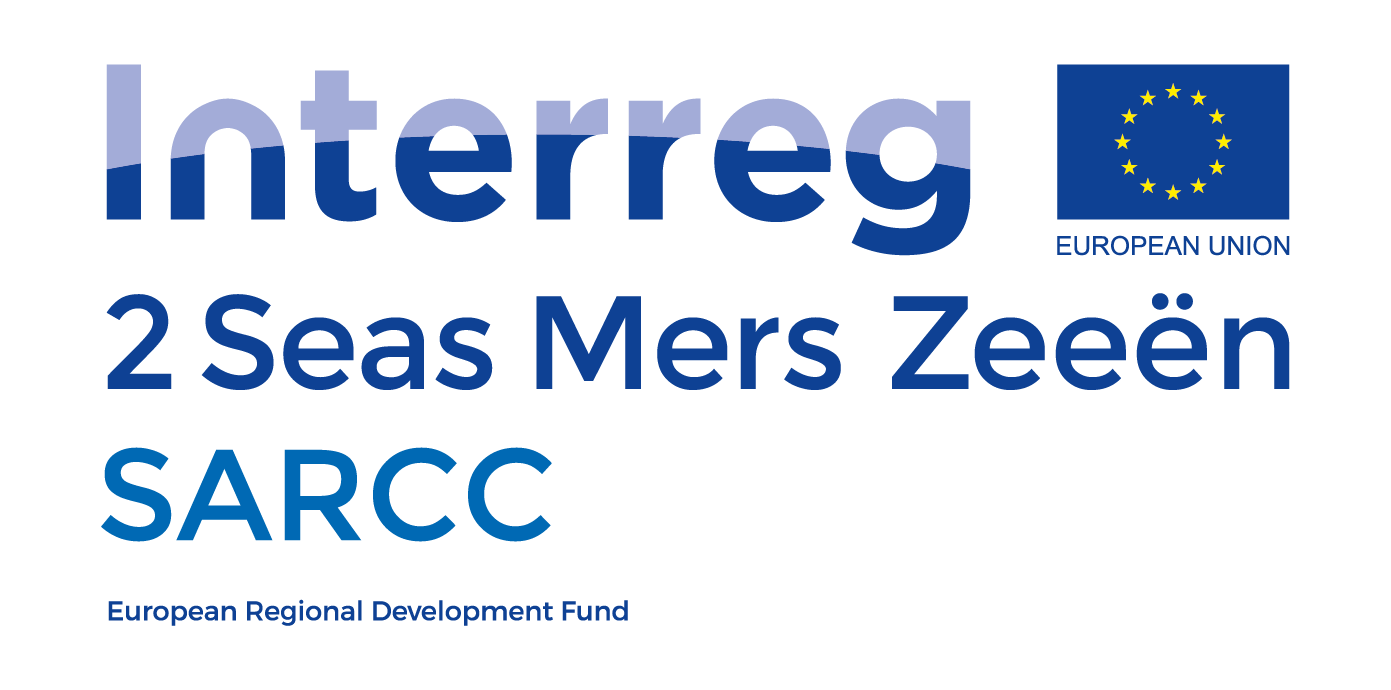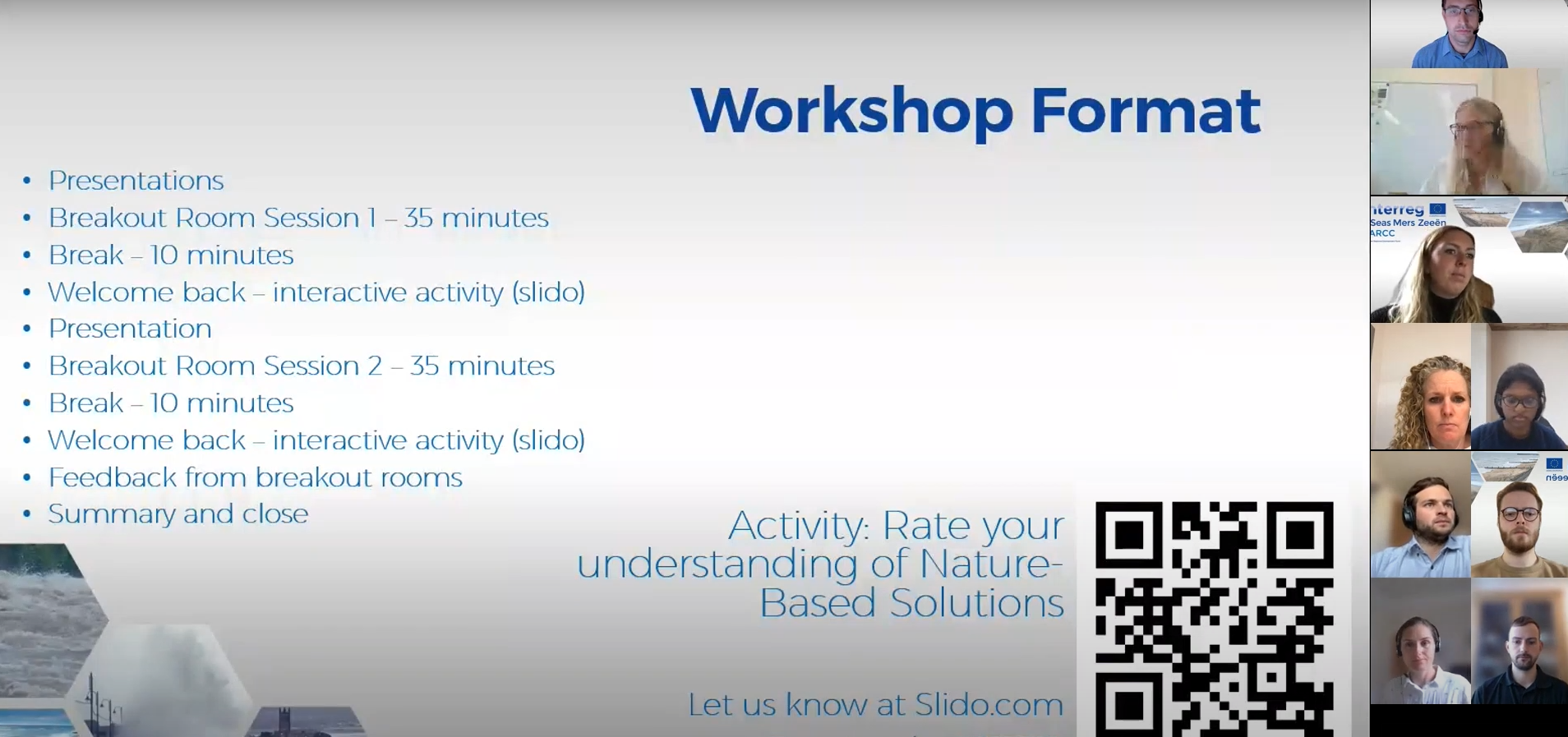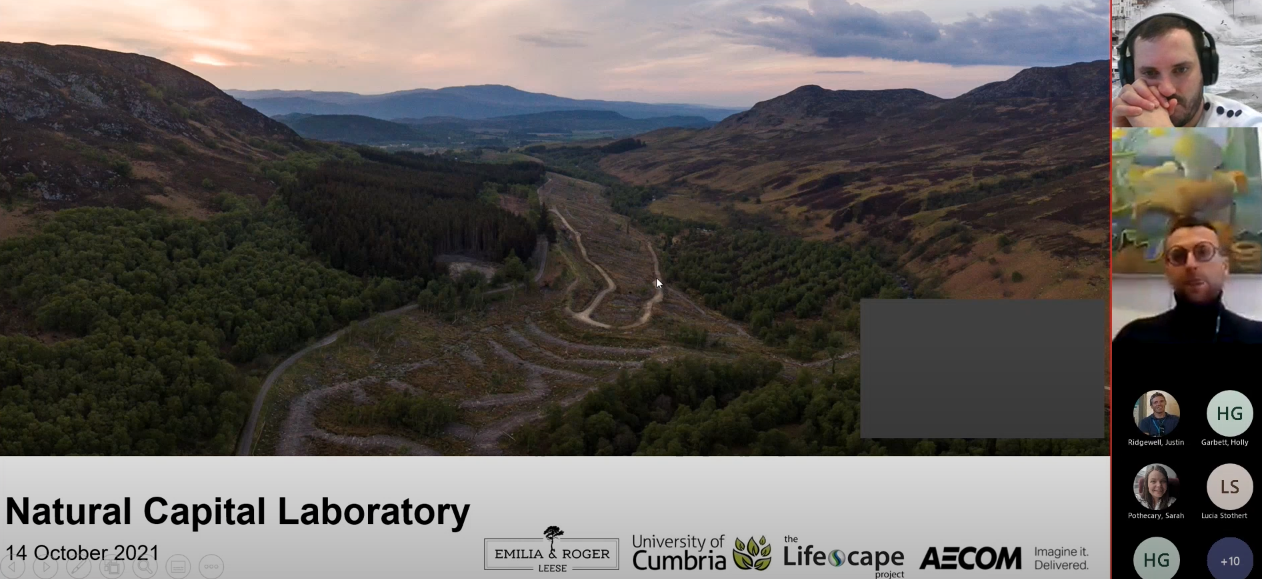Quantifying the Benefits of the NBS Workshops
“Quantifying the benefits of Nature-based Solutions (NbS) – a workshop” was held in October 2021 and was organised by the Environment Agency, Flemish Department for Environment, Spatial Planning and Exo Environmental. COVID restrictions meant it was not possible to meet face-to-face, so an online event was designed with a range of virtual ‘breakout’ rooms to encourage smaller groups to join in discussions around NbS themes. Between these sessions, all delegates met in the main virtual room to hear thought-provoking presentations, take part in polls and share their thoughts on the topics they had discussed.
Attendees at the previous SARCC seminar in April had expressed an interest in how to quantify the benefits of NbS, to build an evidence base to support funding and permitting of schemes. This was therefore chosen as a focus for the workshop, with contributors and attendees from academic, government and business worlds who sharing their work and ideas.
In the main virtual room:
John Bennett (SARCC Project Manager, Southend Borough Council) welcomed everyone to the event and introduced the SARCC project.
Justin Ridgewell (Coastal Advisor, Environment Agency) then gave a presentation which highlighted the importance of NbS to help us adapt to the effects of climate change.
There was an opportunity to compare beach management approaches in two of the 2 Seas countries, as Elias Vanquickenborne (MDK) first presented “Beach Nourishment and Recycling” in Flanders, and later Marien Boers (Deltares) presented “Principles of Nature Based Coastal Protection in The Netherlands”.
In the breakout room on “Funding for Nature-based Solutions”:
Chloe Thomas (Partnership Funding Specialist, Environment Agency) presented her knowledge of the UK funding model, including an overview of how the funding model has progressed and how there are schemes that encourage the implementation of NbS. She highlighted the funding challenges that are currently present when implementing NbS into flood schemes. In the discussion which followed, key topics included:
· the Environmental Land Management Scheme (ELMS) - a UK Government incentive for farmers to implement NbS on their land
· the importance of monitoring after investing in pilot schemes
· pros and cons of the Innovative Resilience Fund and of Flood Defence Grant in Aid (FDGiA)
· challenges behind the assurance process for NbS
In the breakout room on “Modelling and Measuring Benefits of Nature-based Solutions”:
Chris White (AECOM) presented “The Natural Capital Laboratory”. This project is using tools such as drone technology, thermal imaging and Artificial Intelligence (AI) to create a digital twin of a re-wilding site in the Scottish Highlands. Data from these experimental measuring approaches will enable quantification of the costs and benefits of NbS and re-wilding. Key topics of discussion in the breakout room included:
· use of visual content and storytelling narrative to engage stakeholders
· difficulties faced, including where the costs of years of data collection outweigh the benefits of NbS
· how to monetise intangible benefits linked to tourism, health and wellbeing, social benefits
· is this appropriate when using NBS to rely on a specific set of protection standards, based on fixed criteria like we see at the coast?
In the breakout room on “Methodology for NbS Strategies and Business Cases”:
Fransje Hooimeijer (TU Delft) presented an academic project at Southend-on-Sea to assess how we can allow a managed retreat, whilst securing the land for nature and preventing inappropriate development in an urban setting. Green space at Southend-on-Sea acts as a buffer for rising sea levels and provides amenity to the town. The project looked at how to prevent further development which would reduce this area of green space. The following discussion included:
· how to get buy in from local stakeholders: implementing educational programmes, showcasing the natural environment and heritage of the area
· securing sustainable area development through a Local Plan, especially when planning applications come in that deliver housing but few benefits to the community
· re-thinking how NbS projects are funded in the UK, as current cost-benefit analysis relates to more traditional assets
· challenge of translating area-scale development plans to a traditional economic business case which does not take into account qualitative benefits of NbS
In the breakout room on “Stakeholder Engagement & Residual Risk Management”:
Joe Wyatt (Post-graduate Student Researcher, Exo Environmental), presented results from Exo Environmental’s recent social study of “Stakeholder engagement and understanding of Nature-based Solutions”. The study comprised a structured questionnaire which was hosted online and focussed on three main research areas (Penzance, Cowes and Cromer, UK). The presentation and subsequent discussions chaired by Tom Eddy (Flood Resilience Advisor, Environment Agency) focussed on:
· the importance of well monitored pilot schemes with post-construction reports and learning made easily available to increase confidence among the general public
· cost of engagement tools and delivery can make up a very high proportion of an NbS project budget compared to ‘traditional’ schemes
· methods of promoting interaction with the study’s NbS questionnaire: paid-for advertising on Facebook was the most successful method
· inclusivity when engaging stakeholders through different social media platforms which target different demographics, and how face to face engagement can be targeted to include a range of demographics
Feedback from the event showed that the complexity of factors affecting NbS implementation in coastal urban settings is considered a key challenge. Responses also showed that delegates valued the opportunity to learn from and discuss the case studies illustrating NbS approaches from different organisations in the 2 Seas region.
All recordings of the presentations and discussions are available at the SARCC website here: https://www.sarcc.eu/october-2021-workshop



